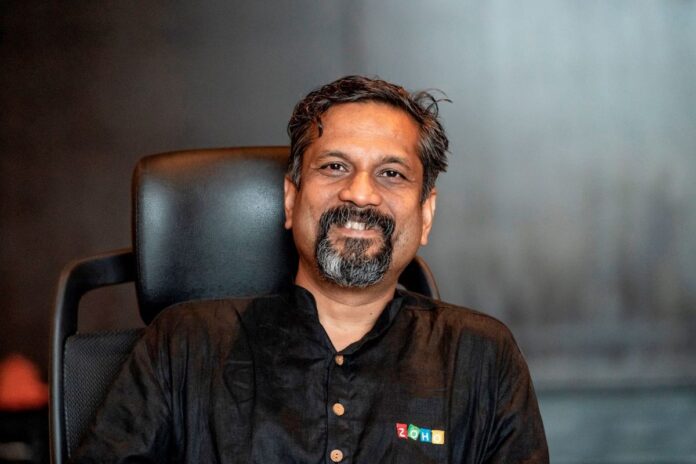Sridhar Vembu, the CEO of Zoho Corporation, recently criticized the idea of a 70-hour workweek, stating that such extreme working hours may lead to “demographic suicide.” In his post on X (formerly Twitter), Vembu highlighted the potential negative impact of this work culture, particularly in relation to plummeting birth rates and the societal consequences of an ageing population.
Sridhar Vembu 70-hour workweek concerns are rooted in the broader implications for society. He pointed to the example of East Asian nations such as Japan, South Korea, Taiwan, and China, where intense work hours have been the norm for economic development. While these countries have seen significant industrial and economic growth, they are also struggling with rapidly declining birth rates. This demographic trend is now forcing governments to encourage citizens to have more children in an effort to maintain a stable population.
Vembu raised two crucial questions: Is such hard work necessary for economic development? And, is this type of development worth the price of a lonely old age for many individuals? In addressing the first question, he argued that only a small portion of the population needs to work at extreme levels to drive progress. He estimated that just 2-5% of people should push themselves to such limits, while the majority of the workforce would benefit from a healthier work-life balance.
In response to the second question, Vembu emphasized that this kind of development is not worth the sacrifices it demands. He noted that India should not follow in China’s footsteps, citing China’s demographic decline as a cautionary tale. India, according to Vembu, is already approaching replacement-level fertility, with some southern states experiencing even lower birth rates. Further declines in fertility could have dire consequences for India’s future, and he suggested that a more balanced approach to development could be achieved without sacrificing the well-being of the population.
Vembu’s perspective stands in stark contrast to that of Narayana Murthy, the founder of Infosys, who has been an advocate for the 70-hour workweek. Murthy argues that intense work cultures, as seen in East Asia, are essential for a nation’s economic success. His comments have sparked significant debate and criticism, especially considering the long-term social consequences that may accompany such work habits.
The debate over the 70-hour workweek reflects the broader issue of balancing economic growth with the well-being of the population. While proponents of longer working hours argue that it is crucial for development, critics like Vembu caution against the cost of such an approach, suggesting that a sustainable and balanced work culture is essential for a thriving society.

